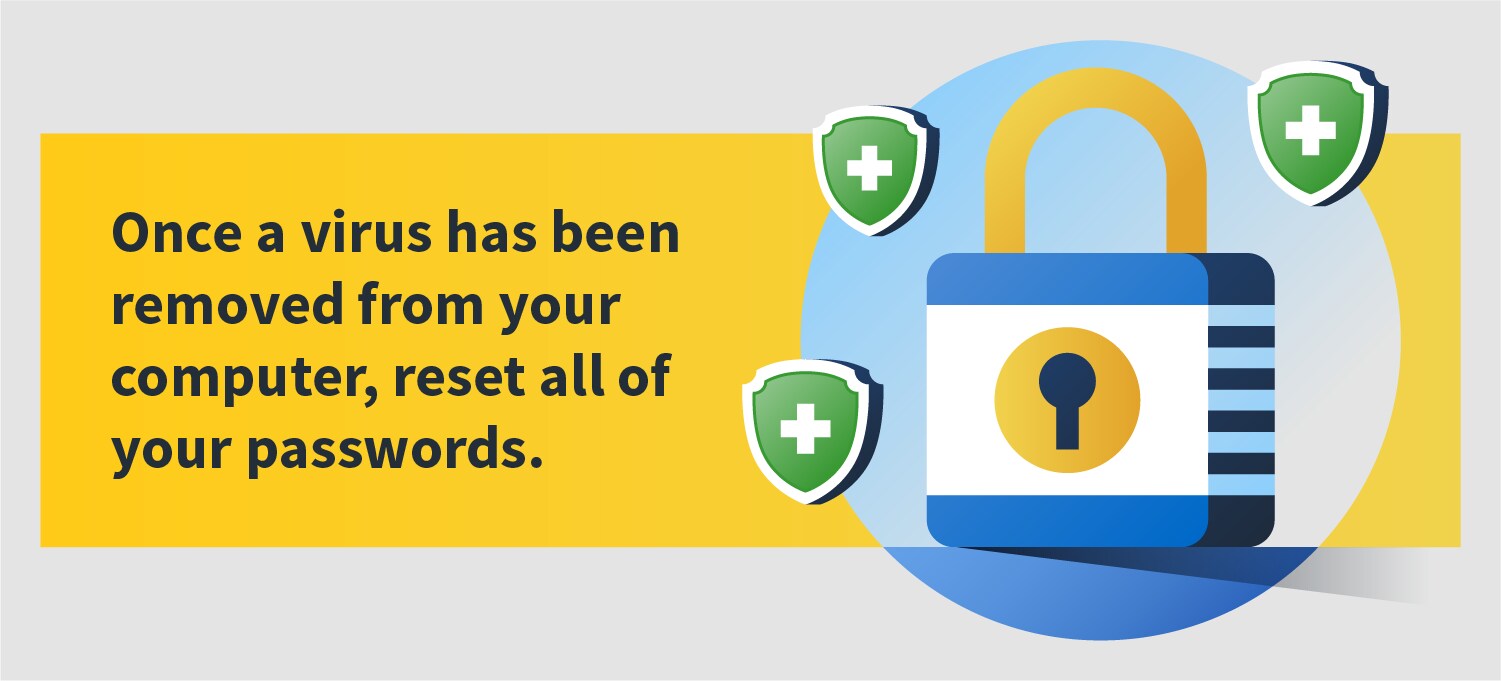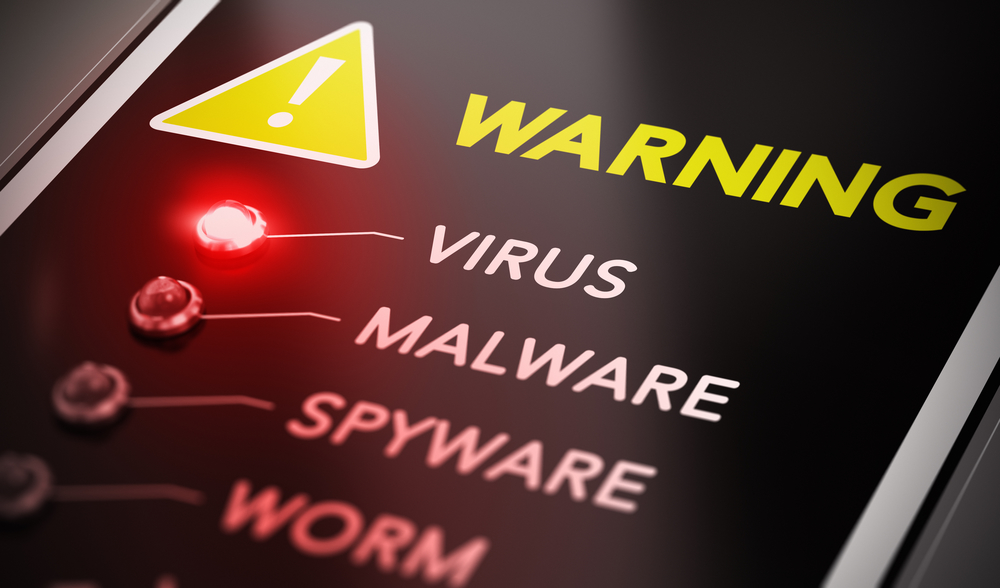
Find out how to protect your privacy on the internet. Your privacy on the internet depends on your ability to control both the amount of personal information that you provide and who has access to that information. To avoid infection by malware and viruses, ensure that all external devices either belong to you or come from a reliable source. They may contain malware.ĭon't use USBs or other external devices unless you own them

Use a modern browser like Microsoft Edge, which can help block malicious websites and prevent malicious code from running on your computer.Īvoid streaming or downloading movies, music, books, or applications that do not come from trusted sources. Many of these sites install malware on the fly or offer downloads that contain malware. They can appear in email, tweets, posts, online ads, messages, or attachments, and sometimes disguise themselves as known and trusted sources.Īvoid visiting sites that offer potentially illicit content. To learn how, see Protect your passwords.ĭon’t open suspicious attachments or click unusual links in messages. Make sure your passwords are well-chosen and protected If you run Windows you have Windows Security or Windows Defender Security Center already installed on your device. Use antivirus software and keep it current Turn on automatic updates for non-Microsoft software as well, especially browsers, Adobe Acrobat Reader, and other apps you regularly use.

Make sure to turn on automatic updates in Windows Update to keep Windows, Microsoft Office, and other Microsoft applications up to date. Windows has a firewall already built in and automatically turned on.


 0 kommentar(er)
0 kommentar(er)
